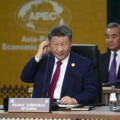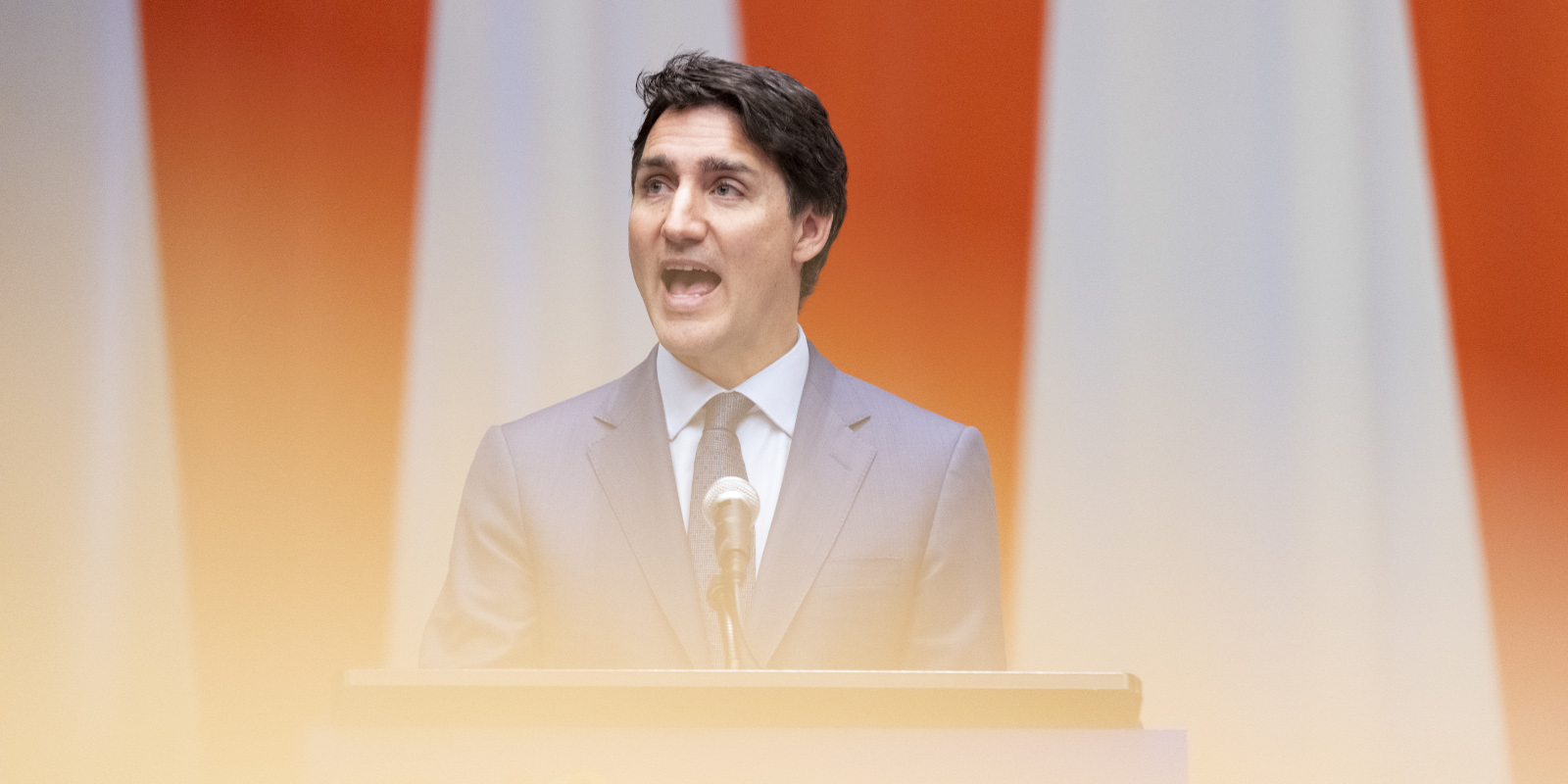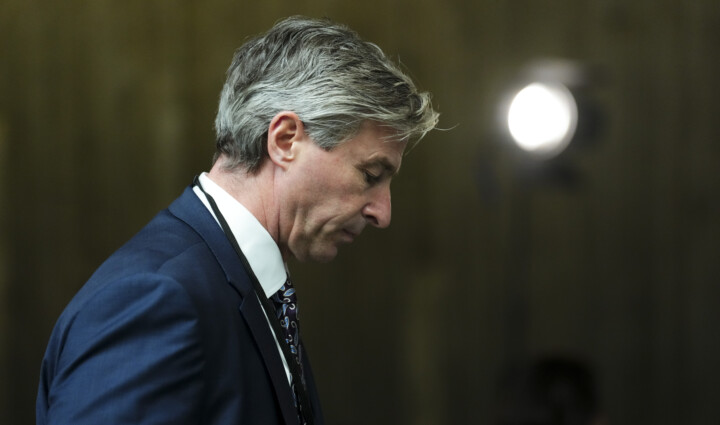Prime Minister Justin Trudeau unveiled a massive cabinet shuffle on Wednesday, dropping some high-profile ministers, promoting some new faces, and rearranging some key portfolios.
The biggest name to leave cabinet entirely was former justice minister David Lametti, who was joined by former treasury board president Mona Fortier and Marco Mendicino, who faced several controversies as public safety minister.
Dominic LeBlanc will take over from Mendicino at public safety and former defence minister Anita Anand was named president of the Treasury Board. Anand will be replaced at defence by Bill Blair.
High-profile ministers who kept their existing jobs were Finance Minister Chrystia Freeland, Foreign Affairs Minister Mélanie Joly, Environment Minister Steven Guilbeault, and Industry Minister François-Philippe Champagne.
Here are four things we learned from the changes Trudeau made to his front bench.
Looking for a reset
Massive cabinet shuffles like this one don’t tend to happen when everything is ticking along smoothly.
Today’s cabinet shuffle coincided with a poll from Abacus Data showing the Conservative Party ten points ahead of the Liberal Party nationally, with the Conservative gaining four percentage points in the last month.
The poll shows that 32 percent of Canadians approve of the government compared to 51 percent who disapprove of it, the worst score since July 2021.
At a press conference after the swearing-in ceremony, Prime Minister Justin Trudeau disputed the notion that his government is in a slump and argued that he was looking for “fresh energy” to help the government connect with Canadians.
“This is a moment where putting forward the strongest possible team with fresh energy and a range of skills that are going to be able to continue the really important of work of showing Canadians the positive and ambitious vision for the future that we’re so committed to,” said Trudeau.
Reinforcements in the battleground ridings
A couple of cabinet appointments could be a clue to where the Liberals are expecting tough fights in the next election.
Jenna Sudds, the Liberal MP for Kanata—Carleton, was named the minister of families, children, and social development on Wednesday. Sudds squeaked out a victory in her riding by three percentage points in 2021, with the Conservative candidate gaining ground compared to the previous election in 2019. The provincial riding in that area has been held by the Progressive Conservative Party since it came into existence.
The Liberals may also be looking to shore up seats that face competition from NDP challengers.
Toronto MP Arif Virani, who represents Parkdale—High Park, faced a fierce challenge from the NDP in the 2021 election, also winning his seat by just three percentage points. Virani will be the new minister of justice and attorney general of Canada, a boost in profile that may help him in the next election.
It’s just one of the ways a government can bolster the chances of incumbents facing close races.
Wave of retirements
Some high-profile ministers announced their retirement this week in advance of the cabinet shuffle, suggesting that the Liberals are looking to settle on a team that will lead them into the next election.
Stepping down, with the intention to quit politics entirely, were former transport minister Omar Alghabra, former fisheries and oceans minister Joyce Murray, former public services and procurement minister Helen Jaczek, and former mental health and addictions minister Carolyn Bennett.
It was reminiscent of the final years of the Harper government when some top ministers, including foreign minister John Baird, announced that they would not be running in the 2015 election. In hindsight, it was a sign that some of the top political minds saw trouble on the horizon in an election campaign that would sweep the Liberals into power.

The focus stays on Trudeau
Although the Liberals are hoping that a new team around the prime minister will help carry the government’s message to Canadians, the focus will likely continue to be on Trudeau.
Conservative leader Pierre Poilievre argued that the wave of cabinet demotions wasn’t good enough and that Trudeau “should have fired himself.”
“The minister that really needs to be shuffled out is Justin Trudeau. His record is one of failure, and he is shuffling nearly his entire cabinet in a desperate attempt to distract from all that he has broken,” said Poilievre, in a statement released to reporters after the cabinet shuffle.
Wednesday’s Abacus Date poll likely provides a clue that the Conservatives will keep their focus on Trudeau, rather than the team around him.
The prime minister’s net approval rating sits at -22, with 29 percent of Canadians rating their impression of him as positive versus 51 percent with a negative impression. Poilievre’s net approval rating is at -6, with 31 percent positive and 37 percent negative.
Recommended for You

‘The $64 million question’: Will the Canadian government stop the Air Canada strike?

Need to Know: There’s no good defence against the Nova Scotia government’s overreach

Mike Moffatt: The Carney government needs to kickstart a housing boom—and fast

‘Full ownership of the land’: Five takeaways on the historic B.C. court ruling on Indigenous land ownership



